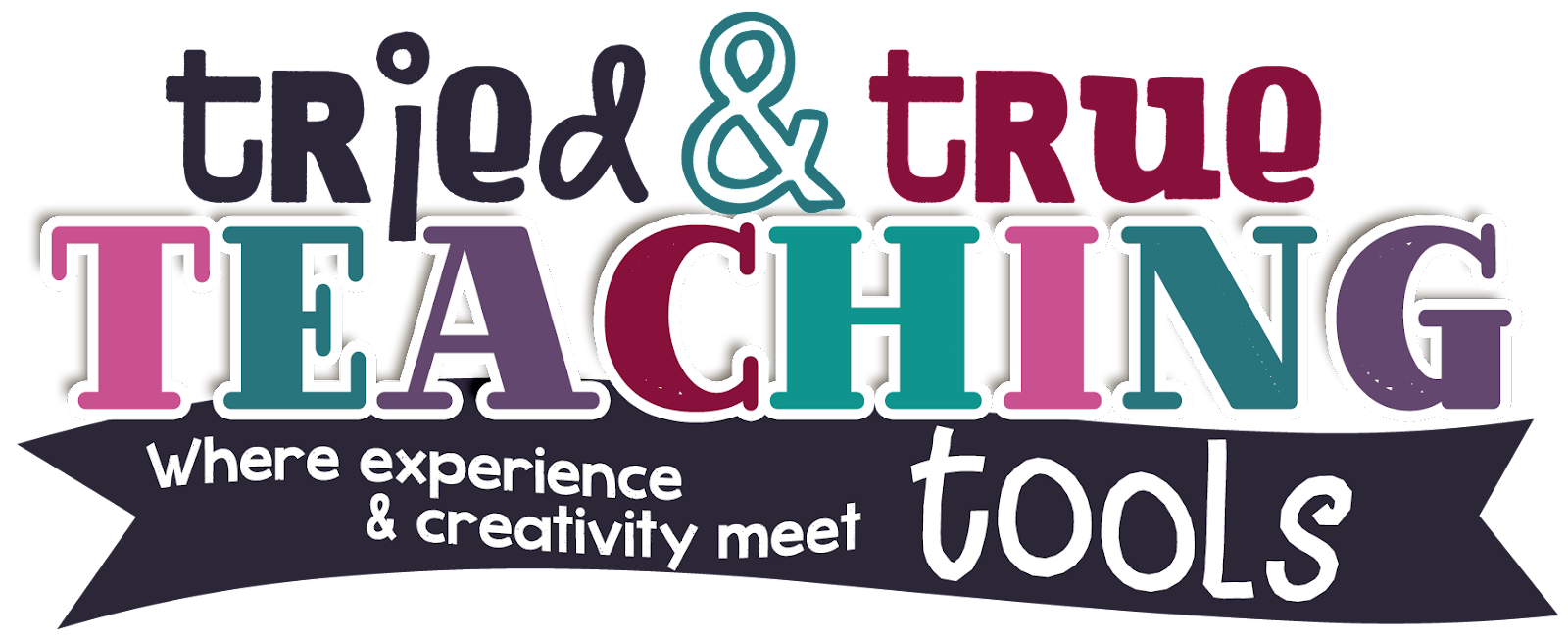Happy Teacher Revolution founder, Danna Thomas felt called to create a grassroots support structure for colleagues and herself. This week's reading focused on the importance of community; a topic near & dear to my heart.
In Part III: Nurturing Relationships with Colleagues, Families, and Kids, the following line caught my attention:
According to the National Education Association, teacher burnout can be defined as “a condition in which an educator has exhausted the personal and professional resources necessary to do the job.” So how can we develop our sense of belonging within the larger community? Chapter 7 deals with modeling and building community. In video 7.1, teacher Karina Vergara talks about the importance of building community. She suggests having social outings away from school. My staff takes these social outings seriously. Many years ago, several of us even entered a game show together as team. We drove down to Hollywood to audition. We had so much fun but we were unbelievably bad and could barely answer any of the questions! However, we couldn't stop laughing and it definitely brought us closer together! I may have blocked it out; I can't even remember the name of the game show. LOL!Our social committee plans monthly happy hours and even during Covid, we were intentional about meeting socially over Zoom. One of our teachers led the staff in a cocktail mixology class, complete with a PD certificate (Gotta love teacher humor & creativity!) We enjoy each other's company, from (non-teaching) book clubs to hiking and even working out together!
School is so hectic and busy that it can be days before we actually see each other (especially if you don't go into the lunch room)! Using WhatsApp as a group chat helps to keep our staff informed & updated. (Plus it's a user-friendly app if teachers have a combination of iPhones and Androids) Sometimes we just send each other hilarious teacher memes; it helps to keep us connected. Read more about the importance of finding your teacher tribe and instilling a sense of belonging HERE and HERE.
What if you're feeling lonely at your school site? Find community outside your school or building. Danna suggests checking local bookstores for book exchange meetups, free community yoga, or engaging socially in digital spaces such as Teachers Connect or Mighty Networks or Happy Teacher Revolution online community meetings. There are also many Facebook groups that cater to every interest!
Consent to Vent
In order to be authentic, everyone needs space and time to vent. On pages 82-83, there are eight tips for effective complaining. It is often difficult to have meetings not become b!*#- fests. The goal is not to pretend everything is fine but to complain with the hope or goal of achieving a certain result. When I was teaching graduate courses to pre-service teachers, I'd set a timer for 10 minutes at the beginning of class for students to vent and complain. Since these were night classes, my adult students were usually teaching on an emergency credential during the day so they had A LOT to share after school! However, knowing that there was a time limit and we first established norms and goals (Did they want suggestions or just space to be heard?), then we were able to continue with the class.
Offering and Requesting Meaningful Appreciation
"Gratitude is an appreciation for what we consider valuable." (p. 90) When we are able to name specific things we are grateful for, we feel more in control and form positive emotions. Not everything has to be happy all the time. It is helpful to distinguish between toxic positivity and helpful positivity, or genuine optimism. We can recognize gratitude, as well as acknowledge the challenging moments.
Say thank you and let people know you appreciate them. Consider writing a note to your plant manager and custodial staff, letting them know you appreciate their hard work getting your classroom ready during the summer. Or give your office manager a Starbucks gift card to show your thankfulness for all they do. Within the first couple of weeks of school, I make a phone call home or send a postcard to each student, sharing a positive observation about them. This sets a positive tone for the year.
My staff is truly blessed to have a principal who constantly conveys his appreciation for his teachers. He will surprise us with an amazing meal during a professional development. Or he has even treated us to a after school mini-spa session in the name of self-care. But appreciation does not need to be grand gestures. What can you do to show gratitude to those around you? How can we make our students aware and demonstrate appreciation?
Know Your WhyWhat if you are not appreciated for your hard work? Danna suggests making a spark joy collection (à la Marie Kondo). This can be a digital or physical album of photos of people who inspire you, motivational quotes, cards, text or emails from those who affirm you, photos of places that nurture your soul! Practice not only celebrating and appreciating others, but practice celebrating yourself by tracking even small achievements! Knowing our sense of purpose helps to handle daily stress and to regulate emotions.
There was a lot packed into the reading and so many ideas to think about how to implement. Please share how you build community in or out of your school!
Join us next week:
- Week 5: July 17 (p. 101-124; 23 pages)
- Chapter 9: Supporting Students Who’ve Experienced Trauma
- Chapter 10: Engaging in Self-Care with Students 2
- Chapter 11 Establishing Boundaries 2


.jpg)







No comments
Post a Comment